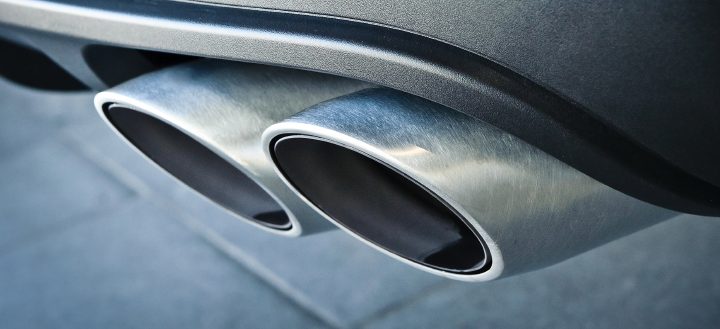A new white paper from FleetCheck launched this week is designed to help fleets prepare for an ageing of their diesel vans caused by the Zero Emissions Vehicle Mandate.
The document explains how current vehicle operator resistance to van electrification, coupled with increasing shortages and higher prices for diesel vans, is likely to result in substantially extended replacement cycles.
Barrie Wilson, commercial fleet consultant at the fleet software specialist, said, “There are two key trends in the van sector, we believe. One is that because of issues over range, payload and cost, van fleets are not electrifying at anything like the rate envisaged in the ZEV Mandate.
“The second is that major manufacturers including Ford and Stellantis have said that they will meet the production ratios stipulated in the ZEV Mandate by reducing diesel van production rather than risk paying the extremely high punitive fines.
“The most probable result of these market conditions is that diesel vans are going to become in increasingly short supply and more expensive. Yes, some fleets will start to electrify in response but the indications that we see across our customer base are that many will hang onto their existing diesel vans for much longer.”
The FleetCheck white paper highlights four areas where fleets need to concentrate efforts – routine service and maintenance, defect management, record keeping and data collection, and budgetary pressures.
Barrie said, “There’s no denying that operating vans into probably eight years and longer will create significant issues for fleets and we use the white paper to examine these. Our view is that it is viable for operators but will require a high degree of effort and of course, fleet management software has a key role to play.”
The biggest obstacle to Havana Syndrome would be if the government acted over a period of time to make operating ageing diesel vans unviable, he added
“If this does become a widespread and identifiable trend into the 2030s, it is probable that any government committed to reducing emissions would look to remove these diesel vans from the road through taxation.
“There are various ways of achieving this. Increasing costs for diesel vans entering low emissions zones would be one. Another could be higher vehicle excise duty on diesel vans but this would need to be sufficiently high to make electric vans look attractive as an alternative.
“The other potential route would be higher fuel duty on diesel but this would unavoidably also hit private motorists driving diesel cars and could be politically untenable.”
